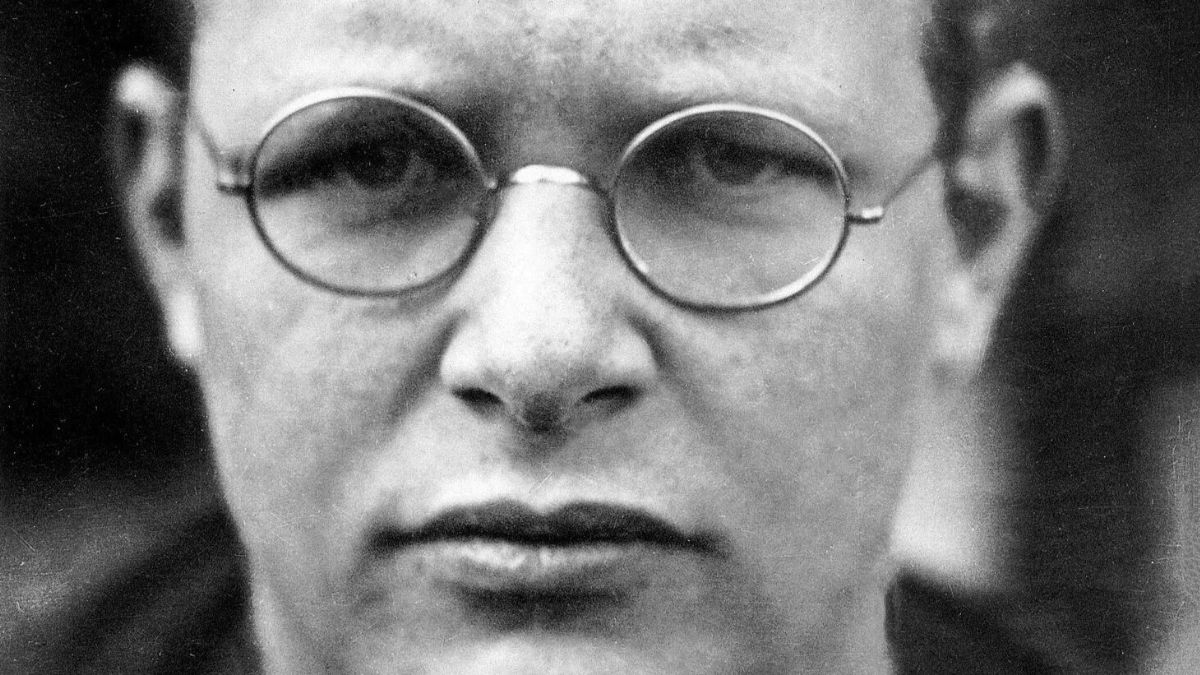

BreakPoint
Look before We Leap
The issue of same-sex "marriage" and the Federal Marriage Amendment will come to the fore in American political debate this year -- and, I believe, soon. Congressional leaders are strategizing right now. But there's one objection to our position that many of us have had to face, and we don't often have a good answer. Our opponents say, "What's the big deal? So what if gays and lesbians want to marry? This doesn't do anything to your marriage." Well, our answer has always been that it would weaken marriage. Why? Because it would take away the unique status and benefits enjoyed by heterosexual couples granted by society, in society's own interest, to encourage the family and propagation of the race. But that's an abstract argument. Well, in this week's Weekly Standard Stanley Kurtz of the Hoover Institution supplies us with both the best argument and evidence to make our case. In his article "The End of Marriage in Scandinavia," Kurtz asks, "Will same-sex marriage undermine the institution of marriage?" His answer: "It already has." How? By taking the gap that exists between marriage and parenthood and making it even wider. "If marriage is only about a relationship between two people," writes Kurtz, "and is not intrinsically connected to parenthood, why shouldn't same-sex couples be allowed to marry?" He goes on to say, "It follows that once marriage is redefined to accommodate same-sex couples, that change cannot help but lock in and reinforce the very cultural separation between marriage and parenthood that makes gay marriage conceivable to begin with." He offers Norway, the most conservative of the Scandinavian countries, as exhibit A. Prior to 1993 when same-sex "marriage" was imposed there by courts, not by democratic vote -- sound familiar? -- Norway had a low out-of-wedlock birth rate. The traditional link between marriage and parenthood was still in place. But once same-sex "marriage" was legalized, Norway's out-of-wedlock birth rate shot up as the link was broken and cohabitation became normal. Gay "marriage" wasn't the only factor, but it appears to have been the decisive one. And as it turns out, that was the plan. Kurtz cites Kari Moxnes, a Norwegian feminist, sociologist, and vocal enemy of marriage. She says "that Norwegian gay marriage was a sign of marriage's growing emptiness, not its strength." And, according to Kurtz, Henning Beck, the gay Danish social theorist, "dismisses as an 'implausible' claim the idea that gay marriage promotes monogamy." According to Beck and Norwegian sociologist Rune Halvorsen, "The goal of the gay marriage movements in both Norway and Denmark . . . was not marriage but social approval for homosexuality." And let me add emphatically, the same is true in this country. "If, as in Norway," writes Kurtz, "gay marriage were imposed here by a socially liberal cultural elite, it would likely speed us on the way toward the classic Nordic pattern of less frequent marriage, more frequent out-of-wedlock birth, and skyrocketing family dissolution." This would be a disaster -- more broken families, more crime. Call us here at BreakPoint (1-877-322-5527) for a copy of Stanley Kurtz's article (or visit the link below) and for other materials that can equip you to argue our case persuasively. Stanley Kurtz concludes, "In effect, Scandinavia has run our experiment for us. The results are in." The verdict: against gay "marriage." For further reading and information: Stanley Kurtz, "The End of Marriage in Scandinavia," Weekly Standard, 2 February 2004. The BreakPoint "Speak the Truth in Love" kit is filled with useful resources to help you talk about the highly charged issue of homosexuality with your friends and neighbors, including the Evangelicals and Catholics Together statement on marriage, CDs addressing same-sex "marriage" and how to talk to homosexual friends, and more. See the BreakPoint commentaries: "Funny Things," "Unequal Rights," "The 'Love' That Won't Keep Quiet," and "Everybody Loses." Visit One Hundred Thousand Ministers for ideas that churches and pastors may use in addressing the issue of homosexuality and same-sex "marriage." Rev. John C. Rankin, "A Conversation with Homosexual Advocates," BreakPoint Online, 27 October 2003. Roberto Rivera, "No Other Kind," BreakPoint Online, 22 October 2002. Gina Dalfonzo, "Speaking Different Languages," BreakPoint Online, 31 July 2003. Bill Murchison, "Of marriage and politicians," Townhall.com, 27 January 2004. John Witte, Jr., "The Meanings of Marriage," First Things, October 2002. Linda Waite and Maggie Gallagher, The Case for Marriage (Doubleday, 2000). Visit Maggie Gallagher's website on the marriage debate. Also visit BreakPoint's Sanctity of Marriage resource page.
01/30/04















